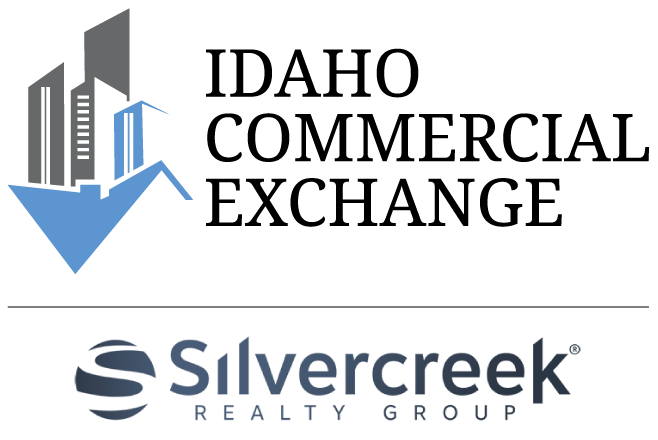"Like-kind" refers to the nature or character of the property, not its grade or quality. In the context of real estate, virtually any type of real property is considered like-kind to any other type of real property, whether it’s an office building, a rental house, or vacant land.
What is a 1031 Exchange?
A 1031 Exchange, named after Section 1031 of the Internal Revenue Code, allows an investor to sell a property and reinvest the proceeds in a new property, deferring capital gains taxes. This is also known as a like-kind exchange.
What are the basic requirements for a 1031 Exchange?
To qualify for a 1031 Exchange, the following requirements must be met:
- The property must be held for productive use in a trade or business or for investment.
- The properties exchanged must be like-kind.
- The replacement property must be identified within 45 days of the sale of the relinquished property.
- The replacement property must be acquired within 180 days of the sale.

Frequently Asked Questions
Can a 1031 Exchange be used for personal property?
As of the Tax Cuts and Jobs Act of 2017, 1031 Exchanges are limited to real property only. Personal property, such as equipment or vehicles, no longer qualifies for like-kind exchange treatment.
What is the role of a Qualified Intermediary?
A Qualified Intermediary (QI) is a third party that facilitates the 1031 Exchange. The QI holds the proceeds from the sale of the relinquished property and uses them to acquire the replacement property. The investor never takes possession of the funds.
What are the timelines for completing a 1031 Exchange?
The two critical timelines are:
- Identification Period: You must identify potential replacement properties within 45 days of selling the relinquished property.
- Exchange Period: You must complete the acquisition of the replacement property within 180 days of selling the relinquished property.
Can I identify multiple replacement properties?
Yes, you can identify multiple properties, but there are rules:
- You can identify up to three properties, regardless of their market value.
- You can identify more than three properties if their combined market value does not exceed 200% of the market value of the relinquished property.
- If the combined value exceeds 200%, you must acquire at least 95% of the value of all identified properties.
What happens if I don't find a replacement property within the 45-day period?
If you do not identify a replacement property within the 45-day period, the exchange fails, and you will be liable for capital gains taxes on the sale of the relinquished property.
Are there any exceptions to the like-kind rule?
Certain types of property do not qualify for like-kind exchange treatment, including:
- Primary residences
- Inventory or stock in trade
- Stocks, bonds, or notes
- Securities or partnership interests
- Other assets held primarily for sale
What are the tax implications if the exchange is not fully completed?
If the replacement property is of lesser value than the relinquished property, or if some cash proceeds (boot) are kept from the sale, the difference will be subject to capital gains tax.
Can I perform a 1031 Exchange for properties outside the United States?
No, both the relinquished and replacement properties must be located within the United States to qualify for a 1031 Exchange.
How do I report a 1031 Exchange to the IRS?
A 1031 Exchange is reported on IRS Form 8824, which should be filed with your federal income tax return for the year in which the exchange was initiated.
Can I use a 1031 Exchange for a vacation home?
Vacation homes generally do not qualify unless they are primarily held for investment purposes and meet specific usage criteria set by the IRS. Consult with a tax advisor to understand the specific requirements.
Why is it important to consult with your CPA?
Consulting with your CPA is crucial when considering a 1031 Exchange. They can provide personalized advice, help you understand the tax implications, and ensure that you comply with all IRS regulations and deadlines. Your CPA's expertise will be invaluable in navigating the complexities of a 1031 Exchange and optimizing your tax strategy.
For more detailed information and personalized advice, consult with a tax professional or a qualified intermediary specializing in 1031 Exchanges.
Start your commercial exchange
Contact us today and experience the difference of working with professionals who prioritize your success.

